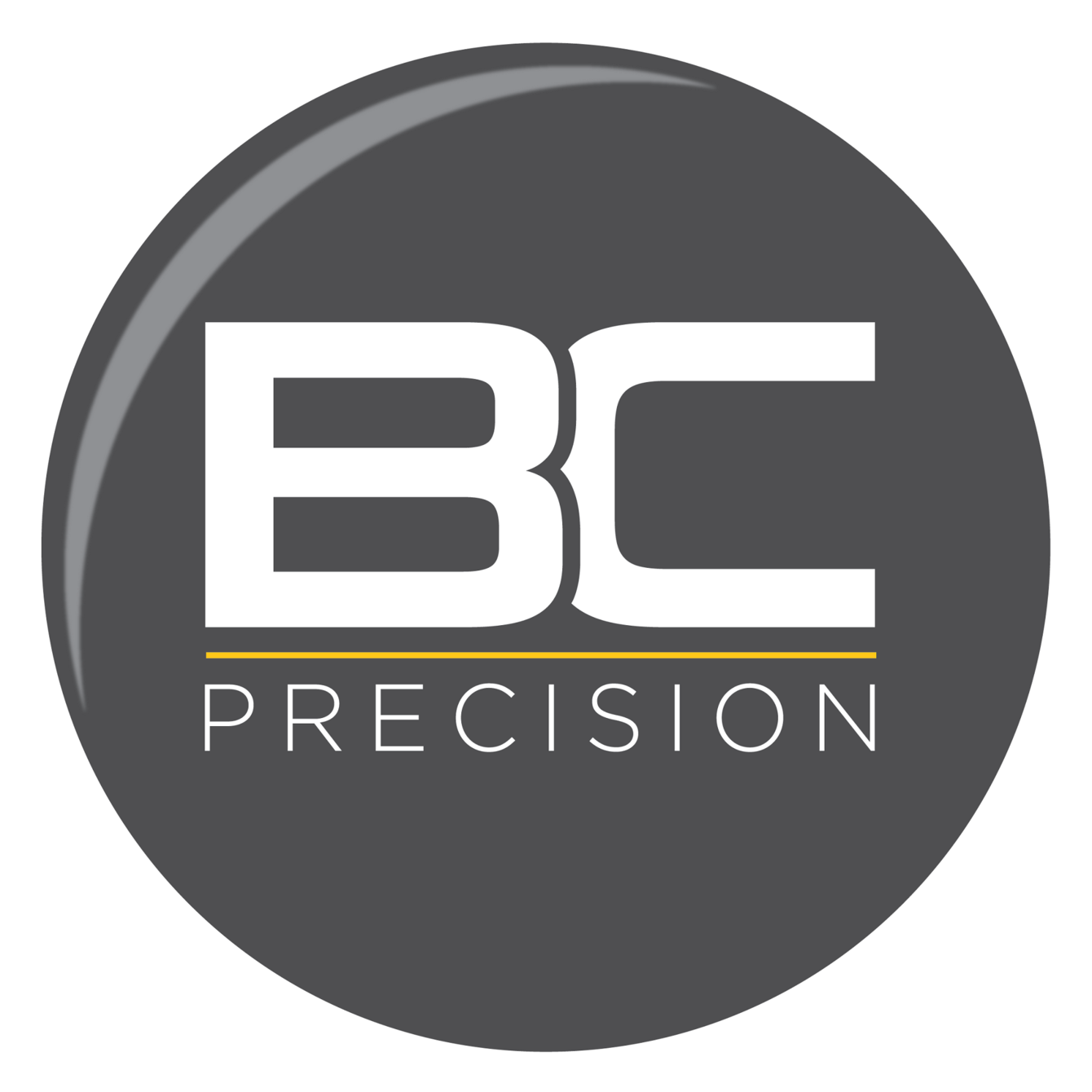Choosing the Right Precision Balls for Bearings: A Guide
Precision balls play a crucial role in the smooth and efficient operation of bearings. They are responsible for transmitting loads between the races, minimizing friction and wear. Selecting the right precision balls for your bearing application is crucial for optimal performance and longevity. Several factors need to be considered, including:
Load Capacity:
- Radial Load: This is the force applied perpendicular to the shaft axis. Choose balls with a load capacity exceeding the expected load to prevent overloading and premature wear.
- Thrust Load: This is the force applied parallel to the shaft axis. High-thrust applications require balls specifically designed to handle axial loads.
Speed:
- Rotational Speed: Higher speeds generate centrifugal forces that can distort the balls and reduce their load capacity. Choose balls with sufficient speed ratings to prevent premature failure.
- Vibration: Vibrations can cause fatigue and wear on the balls. Select balls with high-quality materials and finishes to minimize vibration-related issues.
Operating Environment:
- Temperature: Extreme temperatures can affect the material properties of the balls, leading to dimensional changes and reduced load capacity. Choose balls made from materials suitable for the operating temperature range.
- Lubrication: Proper lubrication is essential for reducing friction and wear. Select balls compatible with the chosen lubricant and ensure adequate lubrication throughout operation.
- Corrosion: Corrosive environments can damage the balls and reduce their lifespan. Choose balls made from corrosion-resistant materials or apply protective coatings.
Additional Factors:
- Material: Different materials offer varying levels of hardness, wear resistance, and corrosion resistance. Consider the specific application requirements when choosing the material.
- Tolerance: Precision balls are graded based on their dimensional tolerances. Higher-grade balls offer greater accuracy and are suitable for demanding applications.
- Cost: Precision balls range in cost depending on the material, grade, and quantity. Choose the most cost-effective option that meets your performance requirements.
Considerations for Specific Bearing Types:
- Deep Groove Ball Bearings: These bearings are commonly used for radial loads and moderate axial loads. Choose balls with a high load capacity and moderate speed rating.
- Angular Contact Ball Bearings: These bearings are designed for combined radial and thrust loads. Choose balls with a high thrust capacity and moderate speed rating.
- High-Speed Ball Bearings: These bearings are designed for high rotational speeds. Choose balls with a high-speed rating and materials resistant to centrifugal forces.
Conclusion:
Selecting the right precision balls for your bearings is crucial for optimal performance and longevity. By carefully considering factors like load capacity, speed, operating environment, and bearing type, you can choose the best balls for your specific application. Remember to consult with a qualified bearing distributor if you need assistance with selection.
